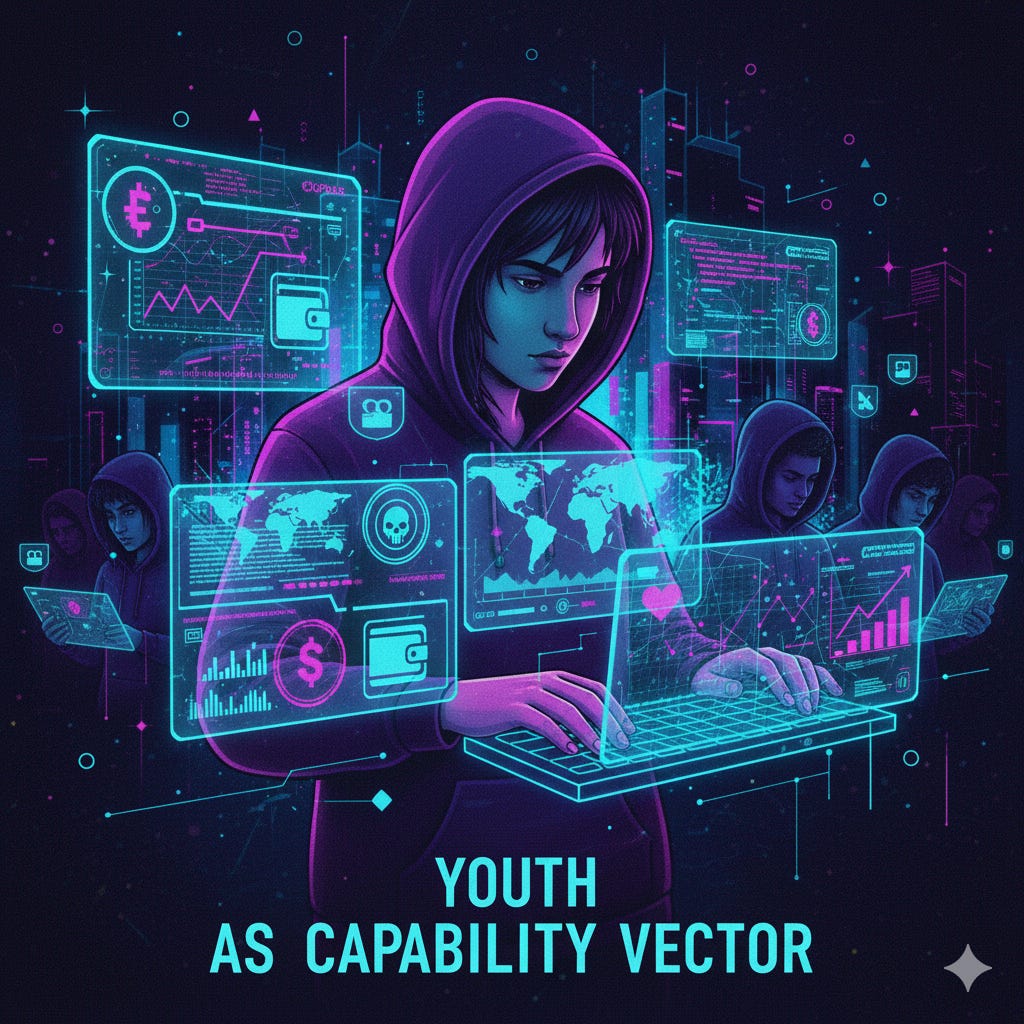Scattered Spider, Teenagers, and the New Normal of Cyber Violence
Not a foreign ghost with a VPN, not a shadowy APT. This time the culprits are young, local, and alarmingly capable.
Two arrests in the UK, teenagers accused in the Transport for London hack, should change how we describe modern cybercrime. This isn’t a story about glorified script kiddies, it’s about a business model: fast, modular, global, and run by people who learned to scale damage before they turned 20.
What happened, at a glance
UK law enforcement arrested two young men linked to the August 2024 attack on Transport for London (TfL). One suspect, already on the radar, now faces fresh allegations tying him to dozens of other intrusions.
U.S. prosecutors have also filed charges alleging involvement in wide ranging intrusions across hundreds of victims and $100M+ in criminal proceeds.
TfL initially downplayed impact, later disclosures admitted names, contact info and addresses were accessed, a public service breach that hits trust more than ticketing.
This is not noise, it’s a pattern.
Why the arrests matter
We’ve been telling a familiar story for a decade: criminals are organized, attacks are professional, and nation state tradecraft is being repurposed for profit. These arrests flip the script in two ways:
Youth as capability vector. Teenagers aren’t just being radicalized by forums, they’re building, operating, and monetizing criminal infrastructure. Tools, access, and money move fast, age no longer limits impact.
Transnational markets are maturing. The alleged scope, cross border breaches, laundering, and payoffs, reads like a corporate operation. Wallets, comms, clean up teams. This is not ad hoc vandalism, it’s a service economy.
Read the signals, not the headlines
A few cautious points that matter for defenders:
Scope vs. role. Arrests of individuals don’t always equal disruption of the whole network. Were these actors operators, facilitators, or hired muscle? Expect more indictments, the infrastructure trails money.
Data vs. disruption. Public transit hacks are reputational poison. Even if core systems weren’t destroyed, access to passenger PII and operational telemetry is enough to sow chaos and blackmail.
Legal complexity. Cross border prosecutions, evidence chains, and extraditions are messy. The DOJ’s involvement signals seriousness, and that investigators found forensic breadcrumbs tying activity to U.S. victims.
The tactical picture (what they likely did)
We don’t have a full playbook from the indictments yet, but patterns repeat:
Phishing and credential stuffing are default first steps, low cost, high yield.
Ransomware and double extortion are now services: encrypt, and threaten to leak PII.
Money funnels: crypto mixers, layered transfers, and cashouts through complicit vendors.
Specialized roles: initial access brokers, extortion managers, money laundering facilitators. Teens can play any of these roles, and often do several at once.
Systemic consequences (not just for TfL)
Public infrastructure is soft prey. Transit systems, hospitals, utilities, high social impact, weak incentives to fully modernize security. Attackers know this balance.
The youth problem won’t be solved by arrests alone. The on ramp is information: marketplaces, leak forums, and permissive comms channels. Arrests remove actors, not the platform economy that trains them.
Insurance and regulation will harden. Expect supply side shock: insurers tighten policies, governments demand stricter baseline controls for critical services. That’s necessary, and insufficient without enforcement.
The last word
This isn’t a morality tale about kids who made bad choices, it’s a systems failure: marketplaces that teach, profit structures that reward scale, and public services that still treat cybersecurity as a checkbox.
Arrests are necessary, but they are not a cure. If we want fewer headlines like this one, we must treat cybercrime as a full spectrum societal problem, technical, legal, financial, and social, and act like it.





